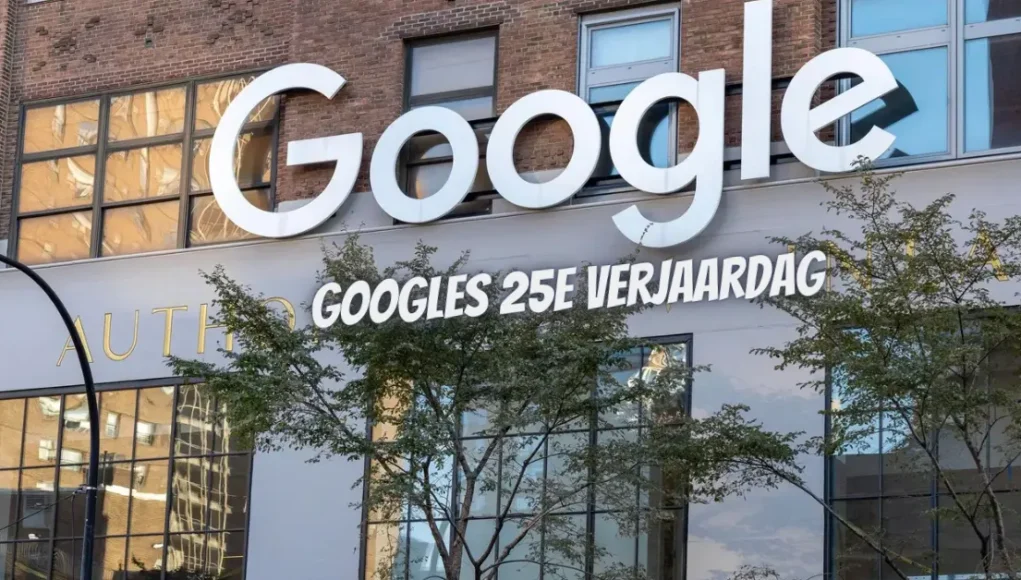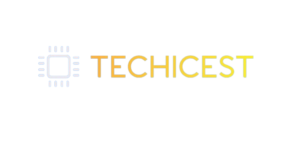It’s incredible to think about how a small business has grown into one of the most important companies in the world as Googles 25e Verjaardag. Larry Page and Sergey Brin started Google in September 1998 as a simple search engine. Since then, it has grown into a global technology giant. This piece talks about Google’s history, innovations, problems, and how it will shape the future.
The Birth of Google
Google began in 1996 when Larry Page and Sergey Brin, PhD at Stanford University, started a project called “Backrub.” This project aimed to make a better search engine by using backlinks to rank web pages. This new way of thinking about search engine technology made Google possible. The word “Google” comes from the mathematical term “googol,” which stands for “one plus one hundred zeros.” The name “Google” refers to the vast amount of information the company wanted to order.
Early Growth and Spread
Google began publicly in September 1998, running out of a garage in Menlo Park, California. Its goal was simple but significant: “to organize the world’s information and make it useful and accessible to everyone.” The search engine became famous quickly because it was fast, accurate, and had a clean interface, making it stand out from other search engines like Yahoo! and AltaVista.
By 2000, Google had collected more than a billion web pages and launched AdWords, its platform for online ads. AdWords changed how digital advertising works by letting companies of all kinds reach specific groups of people. This tool became a significant source of income for the company, which helped it increase and branch out into new areas.
Important New Ideas and Diversification
Google’s success in search and ads gave the company the money it needed to try its hand at other things. The company has tried its hand in many areas, always keeping creativity and user experience in mind. Here are some essential steps:
- Gmail (2004): When Google first released its email service, it had 1GB of storage space, which was much more than any of its rivals. Thanks to its features, such as the ability to see conversations and search deeply, Gmail quickly gained millions of users.
- Google Maps (2005):, Google Maps released detailed maps, satellite images, and, later, Street View. This service changed how people find their way around the world, and Google Maps became an essential tool for exploring and travelling daily.
- Acquisition of YouTube (2006): Google paid $1.65 billion to buy YouTube because it saw the promise of online video. Since then, YouTube has grown into the biggest video-sharing site in the world, which has changed how people watch media and make content.
- Android (2008): Android is Google’s first mobile operating system. It is open-source software that runs most smartphones worldwide. This move strengthened Google’s position in the mobile environment.
- Chrome (2008): Google released Chrome, a web browser focused on speed, ease of use, and safety. Chrome quickly took over the market and is now the most popular web browser worldwide.
Problems and Disputes
Google has had many problems and issues, even though it has had a lot of success. Concerns about privacy, data security, and market power have led to arguments and closer scrutiny by the government.
- Safety Concerns: As Google’s services grew, people became more worried about how it gathers, stores, and uses sensitive information. The company has been sued and regulated many times over user privacy and data safety issues.
- Antitrust Issues: Because Google is so strong in search, ads, and mobile operating systems, it has been accused of acting like a monopoly. The company has been the target of many antitrust probes and fines, mainly in the European Union.
- Material Moderation: Google has struggled to balance free speech and the need to remove harmful material from sites like YouTube. Part of this task involves dealing with problems like false information, hate speech, and copyright infringement.
Google Today and the Future
Alphabet Inc., a holding company established in 2015 to manage Google’s many businesses and big projects, now owns Google. Google’s main businesses and projects, such as Waymo (self-driving cars), Verily (life sciences), and Google X (ultimate projects), are part of Alphabet.
- Artificial Intelligence (AI): Google has been a leader in AI study and use. Its AI-powered services, like Google Photos, Google Assistant, and search improvements, are the best in the business. Google is committed to making AI progress responsibly, as shown by projects like DeepMind and the creation of AI ethics standards.
- Cloud computing: Google Cloud is now a significant player in the cloud services market, competing against Amazon Web Services (AWS) and Microsoft Azure. Businesses worldwide can use Google Cloud for infrastructure, platform services, and efficiency tools.
- Initiatives for Sustainability: Google has made big promises to be more environmentally friendly. By 2030, they want to run their whole business on energy that doesn’t contain carbon. The company has invested money in renewable energy projects and technologies to reduce its carbon impact.
- Health care and biotechnology: Google is investigating ways to improve health care and biotechnology through Alphabet’s Verily and Calico. Some of these efforts include developing tools for finding diseases, improving patient care, and studying how to live longer.
What it Means for Society
Google’s impact goes beyond the technology it develops. The company has changed how we access and use knowledge, talk to each other, and do business. People use its goods and services every day, such as search and email, navigation, and video viewing.
Aside from that, Google has helped make information more open so anyone can view it. Companies like Google have given students and teachers more opportunities through educational programs like Google for Education and partnerships with schools.
A Look Ahead
Googles 25e Verjaardag is Celebrating, but it must continue to generate new ideas while addressing social issues and government rules. Given how the company has grown and changed over the last 25 years, Google will likely continue to be a significant force in shaping the future of information and technology.
Google’s dedication to new ideas and its focus on AI, cloud computing, ecology, and healthcare point to a future where technology will continue to change people’s lives. The company’s goal of making all the world’s information helpful and easy to access is still fundamental. It drives its work to solve global problems and make the world a better place.
Conclusion
googles 25e verjaardag shows how powerful new ideas, a clear goal, and sticking with something can be. Google has dramatically affected the world, from a small search engine project to a world leader in technology. The company has changed how we get information and talk to each other, find our way around, and use technology.
In the future, Google’s work to improve technology and solve social problems will continue to change our world. Google’s unwavering dedication to its goals and values will lead to even more new ideas and changes over the next 25 years.
Also Read: Frdl.to Wrong IP















[…] Also Read: Googles 25e Verjaardag […]